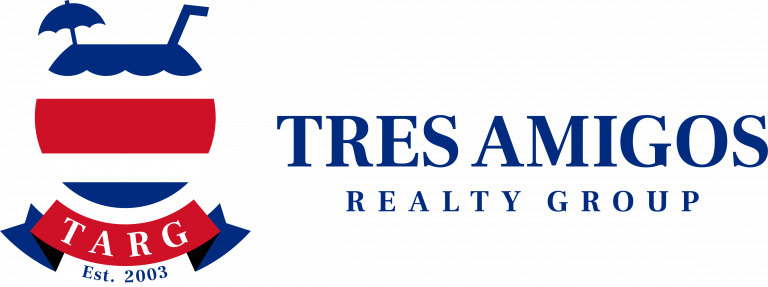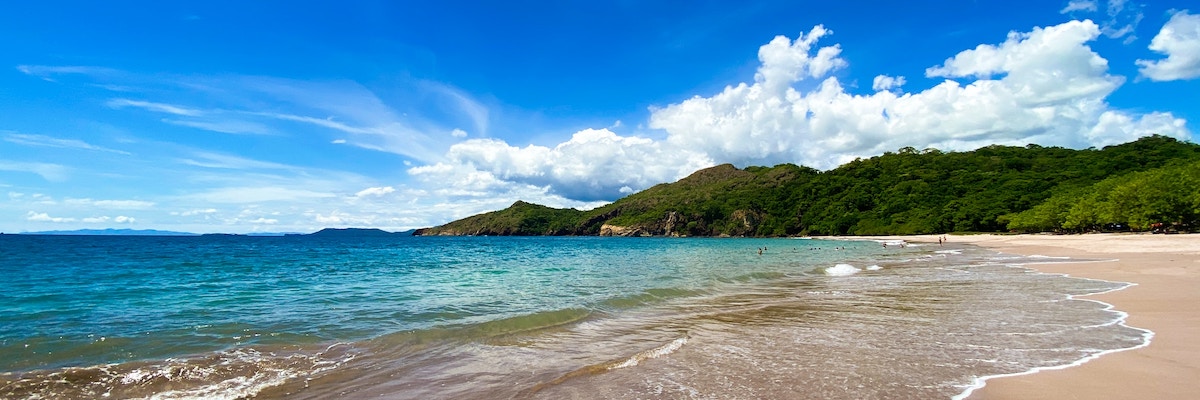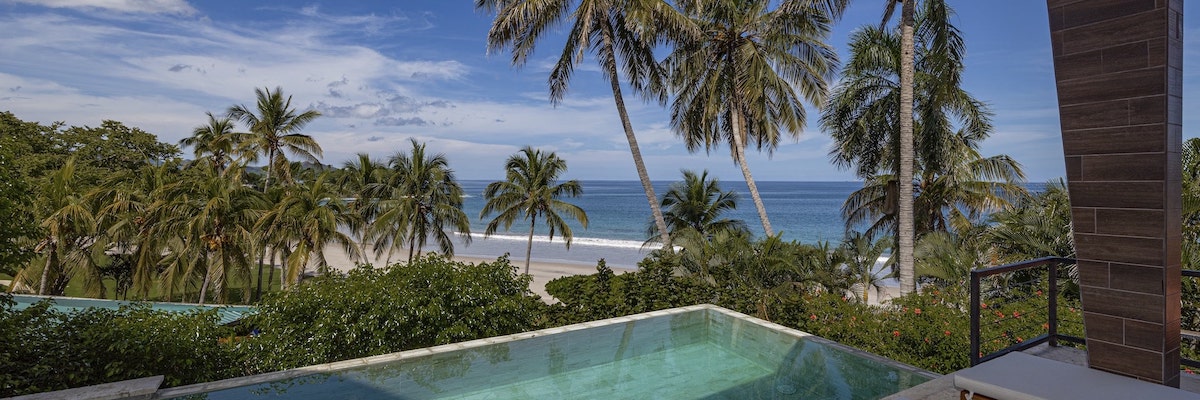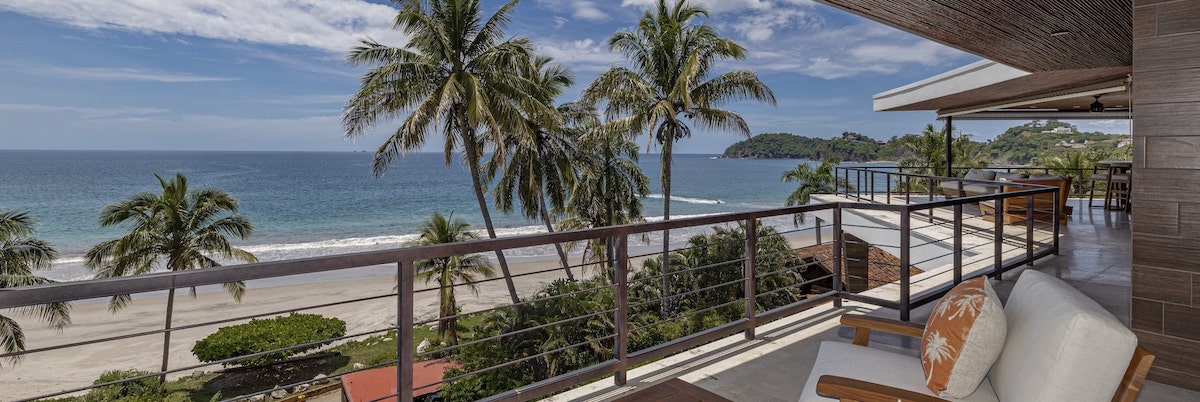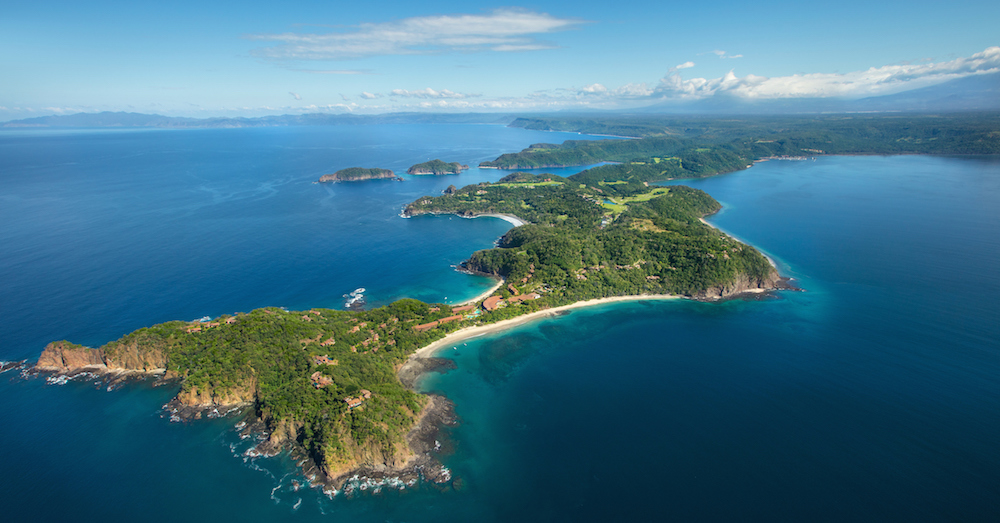
Are you considering an investment in property in Costa Rica? Here is a comprehensive guide on how to buy property. This beautiful country offers foreigners a clear path to owning real estate, but understanding the important steps and legalities can help you make an informed and secure investment. No matter what type of property investment you are looking for, this guide will help you navigate the purchase process.
Research and Planning:
- Location: Determine the region and specific location where you want to buy property. Consider factors such as climate, proximity to amenities, and lifestyle preferences.
- Property Type: Define the type of property you're looking for, whether it's a house, condo, land, or commercial property.
- Budget: Establish a realistic budget, taking into account not only the property price but also transaction costs, taxes, and potential renovations.
Offer and Negotiation:
- Make an Offer: Once you've identified a property, work with your real estate agent to make a formal offer. This is usually a written document specifying the price, terms, and conditions.
- Negotiation: Expect some negotiation, and be clear on what is included in the sale (furniture, appliances, etc.). Your real estate agent can assist in the negotiation process.
Legal Assistance:
- Hire a Lawyer: Engage a qualified real estate attorney in Costa Rica who understands local laws and regulations. The lawyer can guide you through the legal process, conduct due diligence, and ensure a smooth transaction.
- Review Property Title: Your lawyer will conduct a title search to verify ownership, any encumbrances, and ensure the property is free of legal issues.
Closing Process:
- Finalize Financing: If financing is involved, complete all necessary paperwork and meet the lender's requirements.
- Transfer of Funds: Transfer the funds required to purchase the property to an escrow account managed by your lawyer or a trusted third party.
- Signing the Deed: Attend the closing, sign the deed of transfer (escritura), and pay any remaining fees or taxes.
Registration and Title Transfer:
- Register the Deed: Your lawyer will register the deed with the National Registry, officially transferring ownership to your name.
- Obtain a Property ID Number: Obtain a unique property ID number (Número de Finca) for tax and registration purposes.
Post-Purchase Considerations:
- Utilities and Services: Your attorney will transfer utility accounts and services to your name.
- Residency: If you plan to reside in Costa Rica, consider applying for residency.
- Property Management: If you're not residing in Costa Rica full-time, consider property management services to oversee maintenance and rentals.
Legal Compliance and Taxes:
- Comply with Tax Obligations: Be aware of property taxes and other taxes associated with owning real estate in Costa Rica.
- Tax Planning: Consult with your lawyer or a tax professional to optimize your tax situation.
Remember that real estate transactions in a foreign country can be complex, so seeking professional advice and working with a reputable real estate agent and lawyer is crucial to a successful and secure property purchase. If you have any questions please be sure to contact me and I will be happy to help.
